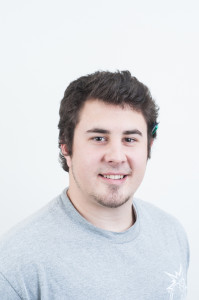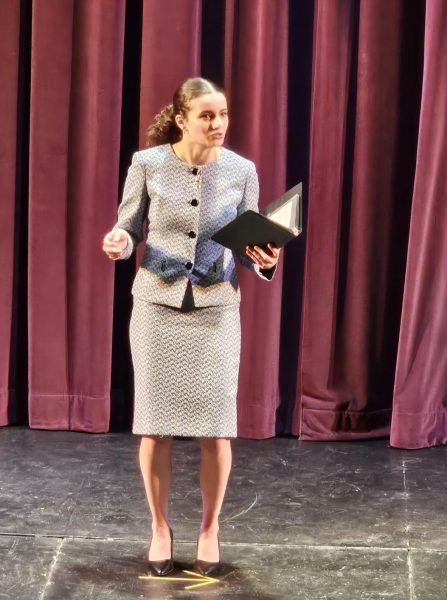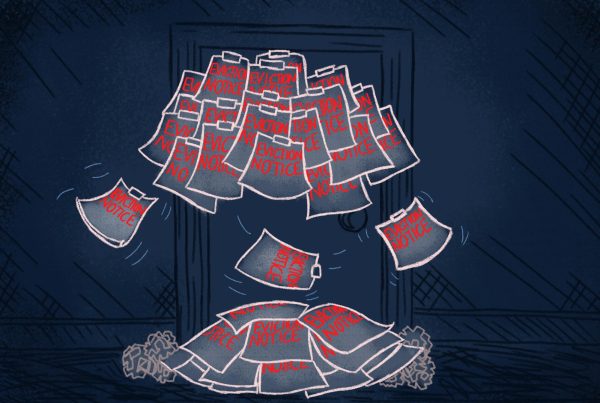Changes to registration leave high unit students out in the cold
December 10, 2013
A shift in priority registration will be in effect for high unit major students come the 2014 fall quarter, directly impacting the Contra Costa Community College District and its students.
Due to statewide “pushes” as described by Beth Hauscarriague, the dean of enrollment services at DVC, there was a decision that had to be made – to vote for a change – with hopes to solve the problem of overpopulation and stagnation in high unit majors, not specific to any one sect.
However, upper level science classes often fill within the first few days of registration, allowing students with fewer than 70 units to register before those with 70 to 100 units. this may cause these students to possibly leave the district in order to finish their major transfer requirements.
“It wasn’t a change to just those [science] majors, it was a change to the enrollment priorities in general – because of all the changes that the state mandates,” Hauscarriague said.
Referring to codes set forth by passed senate bills such as the Student Success Act, registration priority will now work in what seems like an outsourcing ripple effect. With high unit majors such as chemical engineering, and biological sciences receiving the brunt of the district decision – the goal being to get more students graduated on time.
“It has nothing to do with keeping students out of class,” Hauscarriague said. “It is happening across the state, and all community colleges are needing to respond to the mandates. There’s a really big push from the state, to, as efficiently as possible, get our students through as quickly as possible.”
Adjunct professor of astronomy at DVC, Wayne McKinney gave his view on the change.
“There must be some politics or money behind a decision that would take primary registration away from people who are close to graduating,” McKinney said. “I long ago gave up trying to figure out the process.”
When informed, students did have opinions about the new registration changes.
Marie Bourgeois, 22, a biological science major at DVC said, “High end major students should be given priority, we are following IGETC and that is 82 units right there. They should focus on, and give more priority to those that have a lot of credits so that way they can graduate.”
Rachel Smith, a 20 year-old forensics major at DVC thought that the change was a completely unfair, and a completely construed concept.
“I’ve taken a lot of classes here and they are some of the best. But, they are in such high demand that people can’t get into these classes, and when they do need it – they don’t get in,” Smith said. “I would like to know why this is happening.”
To counter what some would argue is unfair to students with credit seniority, Hauscarriague mentioned that there are several options – specific to DVC – that give the affected students a little bit of an edge back. Ranging from early graduation applications, to priority in counseling meetings and appeals that can be filed as well, there looks to be some options for those who are facing difficulty with finishing their major requirements. Hauscarriague also voiced that this change would spark more students to take advantage of the early graduation application offered at DVC for qualified students.
Brian Wells, 23, a chemical engineering major at DVC who is set for transfer after the fall 2013 semester spoke out on the change as well.
“I am very thankful, because some of the classes that I have to get into later are not easy to get into,” said. “Bioscience 130 for instance, I had to get on my knees and beg the professor to let me into the class. It seems oddly targeted to those majors who have a really difficult time getting classes. Maybe there’s a shortage of students, but I still don’t see why there would be a change in priority.”
With the new regulations set to take effect, the responses from high unit majors will vary, pending on how the students will adapt. Whether the major is molecular and cell biology or simply communications, change will always be among those who aspire to learn – despite the undeviating scholarly paths that people choose to pursue.















































































